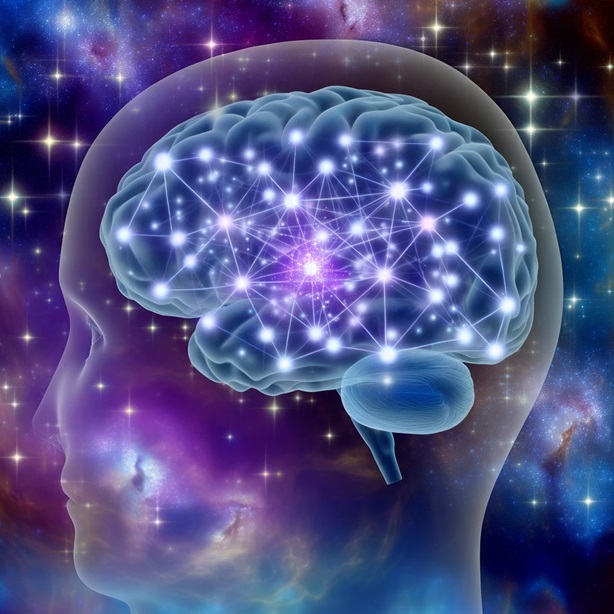Quantum Physics: A New Frontier in Neuroscience
Quantum physics, traditionally associated with the smallest particles of the universe, is now being explored for its implications in understanding complex systems like the human brain. Researchers are finding that quantum mechanics may play a vital role in explaining phenomena that classical physics cannot, such as how the brain processes information at the most fundamental levels.
This introduction sets the stage for an exploration of how principles like superposition and entanglement might provide new insights into neural processes.
Quantum Effects in Neural Processes
One of the intriguing aspects of quantum physics in neuroscience is the hypothesis that quantum effects could influence the way neurons communicate. For instance, the quantum entanglement theory suggests that particles can become entangled in such a way that the state of one (even at great distances) directly affects the state of another. Applying this to brain science, it proposes that quantum entanglement might explain the instantaneous communication between neurons across different parts of the brain.
Recent studies explore potential quantum behaviors in microtubules within neurons, suggesting that quantum mechanics could be fundamental to understanding how the brain achieves coherence across vast networks of neural pathways.
Implications for Mental Health
The application of quantum physics to understanding mental health disorders offers new avenues for diagnosis and treatment. For example, quantum models of brain function may lead to better understanding of disorders like schizophrenia or bipolar disorder, where traditional neurobiological approaches have fallen short in explaining the complexity of these conditions.
Potentially, quantum-based models could elucidate the underlying mechanisms of these disorders at a molecular level, providing targets for new types of pharmaceuticals or non-invasive treatments.
Quantum Computing and Brain Simulation
Advances in quantum computing provide promising tools for simulating brain activity in ways that are impossible with classical computers. These simulations could revolutionize our approach to studying brain dynamics and developing therapeutic techniques for neurological disorders, enhancing our capacity to predict and modify brain function with precision.
Projects like the Blue Brain Project have begun to integrate quantum computational models to simulate synaptic transmissions and neural networks, pushing the boundaries of what we can predict about brain function and dysfunction.
Challenges and Ethical Considerations
While the integration of quantum physics into cognitive science is exciting, it also raises significant ethical and practical challenges. The implications of manipulating quantum processes within the brain are profound, encompassing issues of privacy, consent, and the potential consequences of altering brain function at such a fundamental level.
Debates are ongoing about the moral implications of potentially being able to 'program' mental states or memories, stressing the need for robust ethical frameworks and regulations in this emerging field.
Future Directions
The exploration of quantum physics in brain health is just beginning. As researchers continue to uncover how quantum mechanics can influence cognitive functions, we may see a new era in neuroscience that offers deeper insights into the human mind and new strategies for treating mental health conditions.
This section speculates on future technological innovations that might arise from this confluence of quantum physics and neuroscience, such as quantum neural networks and their implications for artificial intelligence and machine learning.
Conclusion
Quantum physics promises to not only deepen our understanding of how the brain works but also to transform the field of mental health care. By bridging the gap between quantum mechanics and cognitive science, researchers are paving the way for innovative approaches to understanding and treating brain disorders, potentially leading to breakthroughs that could significantly alter our approach to brain health and mental wellness.
